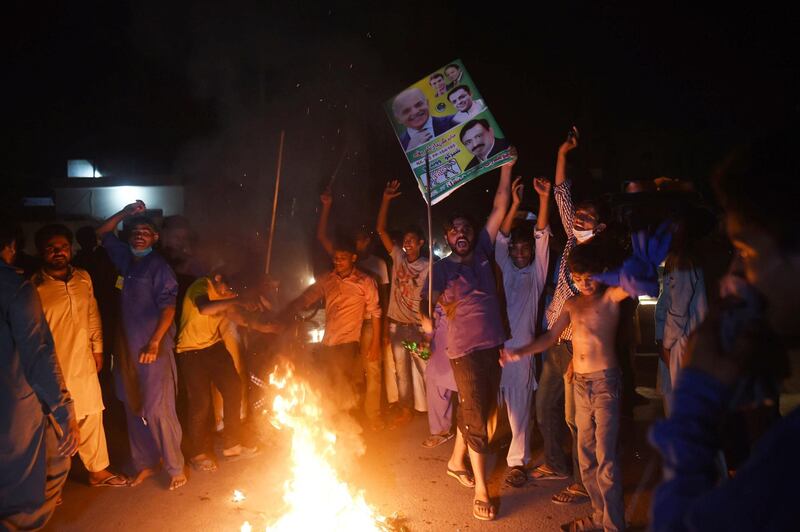Election time in Pakistan is notorious for deepening fractures and divides. But this time at the polls, even by past standards, has been particularly fraught. Last week as Nawaz Sharif, a former three-time prime minister, arrived in the country to face immediate arrest, reportedly in a bid to boost his party's election chances, a suicide blast in the southwestern province of Balochistan killed 128 people. One of the bloodiest in Pakistan's violent history, the attack was a damning indictment of the country's weak security infrastructure. It was also a sombre omen ahead of next week's elections, on which the country's long-term stability depends.
The days following Sharif's arrest – sentenced to 10 years for corruption in his absence – have been marked by crippling insecurity, to which Pakistan is, tragically, becoming all too accustomed. Mobile phone signals were cut as security forces attempted simultaneously to respond to a terror attack and pacify hordes of Sharif supporters, who marched to the airport to meet him. Yet just last week, there was cause for optimism. Imran Khan – the former Pakistani cricket captain turned devoted politician – appeared on the brink of a historic victory. Meanwhile, Bilawal Bhutto Zardari, heir to the illustrious Bhutto dynasty, was breathing fresh life into a stale campaign, leaving Sharif's lacklustre PML-N party, now led by his brother Shahbaz, looking destined for quiet electoral defeat. A week on, Pakistani politics has rarely looked so chaotic as it does now.
It now falls to the country's military establishment and fragile interim government to restore some semblance of order ahead of next week's polls. It is a challenge of considerable proportions, not least because of the military's well-publicised involvement in Pakistani politics. And long term, Pakistan needs to do more to tackle the root causes of extremism. Scars remain of a massacre at a school in Peshawar in 2014, which killed more than 150 people, most of them children. Last week's Balochistan bombing shows the lack of progress in combating militancy. The timing is not coincidental. It is designed to inflict maximum impact on a fragile country and sow chaos ahead of crucial elections. Khan remains favourite to take over the troubled nation. But if some stability cannot be brought in the coming days, the future government's mandate risks being crippled.





